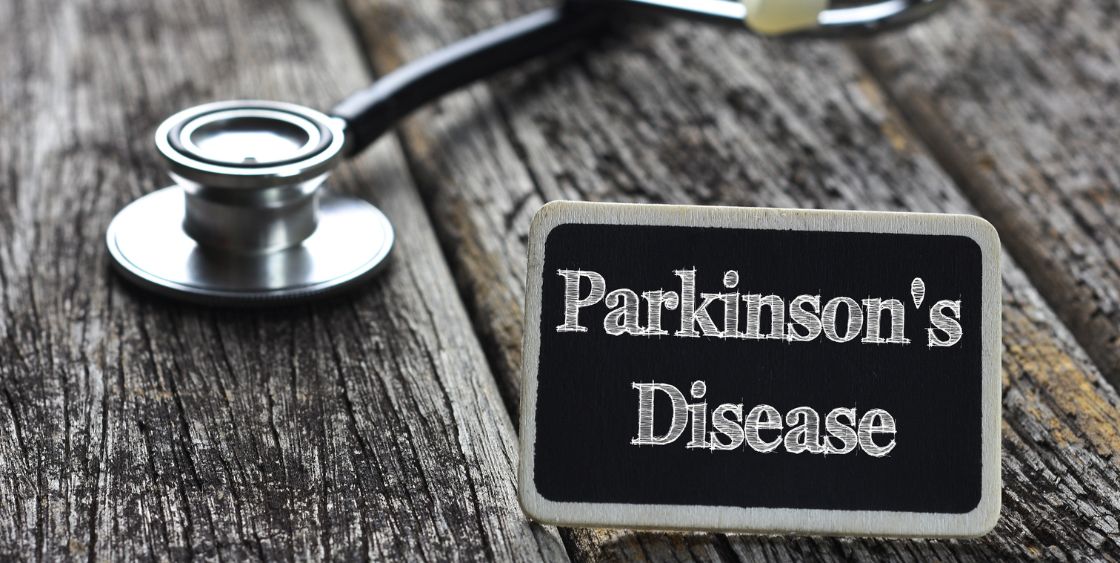This Is What Causes Parkinson’s Disease
- Category: LiveSmart
- Posted On:
- Written By: Baldwin
Although the exact cause of this disease is not known, these factors may increase your risk.
Parkinson's disease is a progressive neurological disorder that affects parts of the body controlled by the nervous system. In people who have the disease, neurons in the brain die or break down, leading to lower levels of dopamine. This is what causes the telltale symptoms of Parkinson's disease.
Symptoms may be subtle at first and start slowly. Over time, symptoms progress and may produce tremors, slowed movement, muscle stiffness, poor posture, balance problems, speech and writing difficulties, as well as a decreased ability to perform unconscious movements, such as blinking or smiling. In later stages of the disease, you may also experience difficulties with thinking, swallowing, chewing, smelling, sleeping, bladder/bowel function and sexual performance. You may also experience pain, fatigue and depression.
The exact cause of Parkinson's disease is unknown, but here are a few factors that are believed to increase a person's risk of developing the disease:
- Genetics – Certain genetic variations appear to increase Parkinson's risk. Having specific gene mutations may make it more likely you'll develop the disease, although it is not considered to be an inherited disease. If you have a close relative with Parkinson's disease, your risk of developing the disease may only increase very slightly. But if you have many relatives in your family with the disease, there is more possibility that you also have similar gene mutations, which may put you at an increased risk of the disease.
- Environmental Factors – Exposure to certain environmental triggers and toxins, such as herbicides, pesticides and industrial solvents, may increase your risk of developing the disease because they can trigger oxidative stress. This can damage or kill cells in the body, including the neurons that are linked to Parkinson's disease. Regular exposure to environments with high levels of pollutants, lead, copper and manganese may also increase your risk.
- Head trauma – Studies have found that you may have an elevated risk of Parkinson's disease if you have experienced head trauma due to a fall, sports injury or other cause. The risk may increase as the number of incidents of head injuries rises.
- Insufficient sunlight – Some research suggests that people who don't get enough vitamin D from direct sunlight may be at an increased risk, but it is not known for sure if this affects Parkinson's risk.
- Age – Parkinson's disease typically begins in mid-life or later. Most people are age 60 or older when diagnosed. Younger adults may develop the disease but it is rare for it to occur at an early age.
- Ethnicity – Certain ethnicities are more prone to developing Parkinson's disease. This includes Ashkenazi Jews, Alaskan Natives and Native Americans.
- Sex – Men are twice as likely to develop the disease as women. The reason for this discrepancy is not known.
Since there's no way of knowing exactly what causes Parkinson's disease, there's also no surefire way to protect yourself from developing the disease. Some research suggests that doing regular aerobic exercise and consuming caffeine may have a protective effect against the disease, but there is not enough evidence to determine a cause-effect relationship between these actions and protection from Parkinson's disease.
For more LiveSmart articles, visit www.McKenzieHealth.org/LiveSmart.
Copyright 2024 © Baldwin Publishing, Inc. Health eCooks® is a registered trademark of Baldwin Publishing, Inc. Cook eKitchen™ is a designated trademark of Baldwin Publishing, Inc. Any duplication or distribution of the information contained herein without the express approval of Baldwin Publishing, Inc. is strictly prohibited.
Date Last Reviewed: February 20, 2024
Editorial Review: Andrea Cohen, Editorial Director, Baldwin Publishing, Inc. Contact Editor
Medical Review: Perry Pitkow, MD
Learn more about Baldwin Publishing Inc. editorial policy, privacy policy, ADA compliance and sponsorship policy.
No information provided by Baldwin Publishing, Inc. in any article is a substitute for medical advice or treatment for any medical condition. Baldwin Publishing, Inc. strongly suggests that you use this information in consultation with your doctor or other health professional. Use or viewing of any Baldwin Publishing, Inc. article signifies your understanding and agreement to the disclaimer and acceptance of these terms of use.

